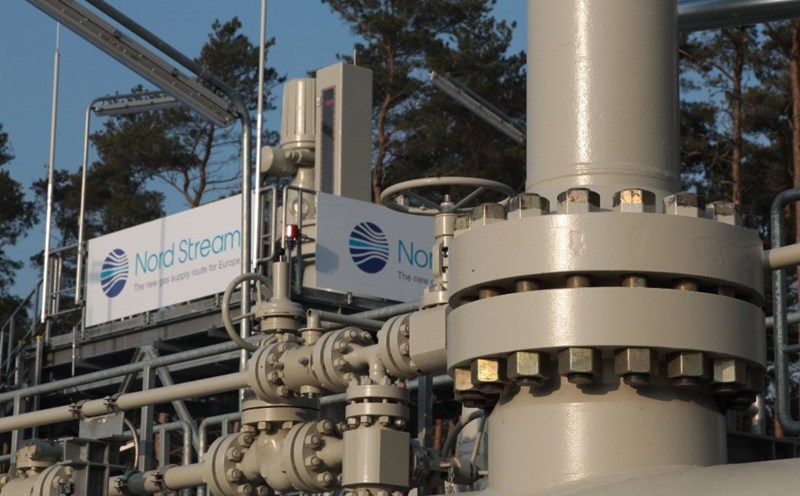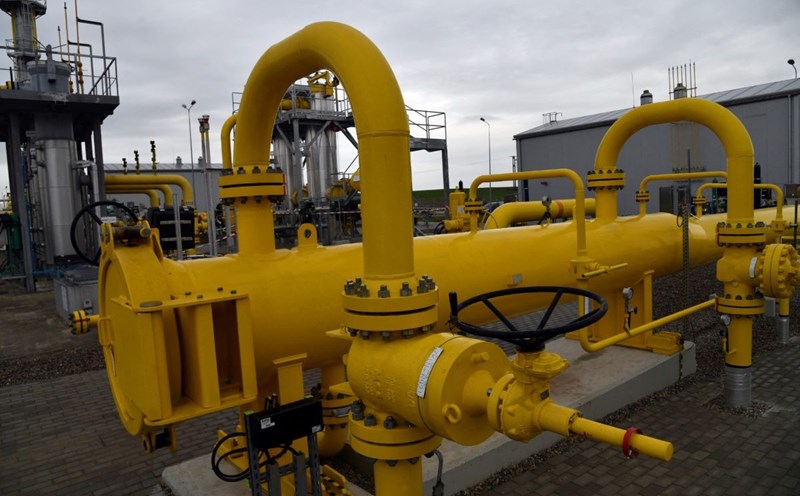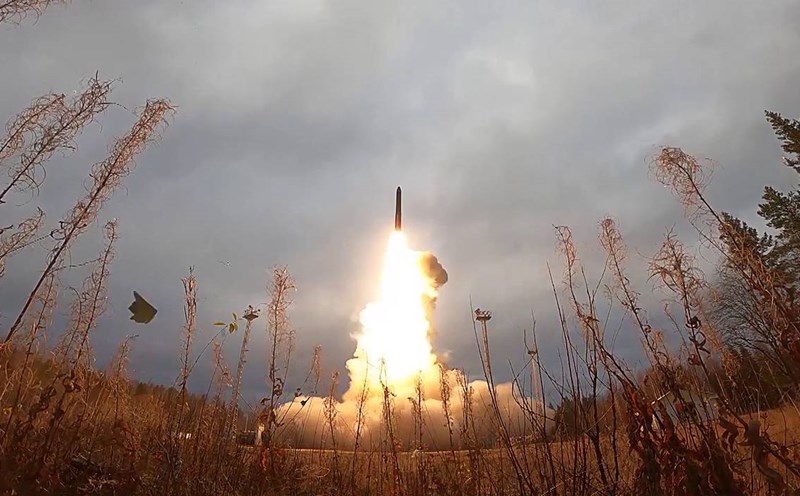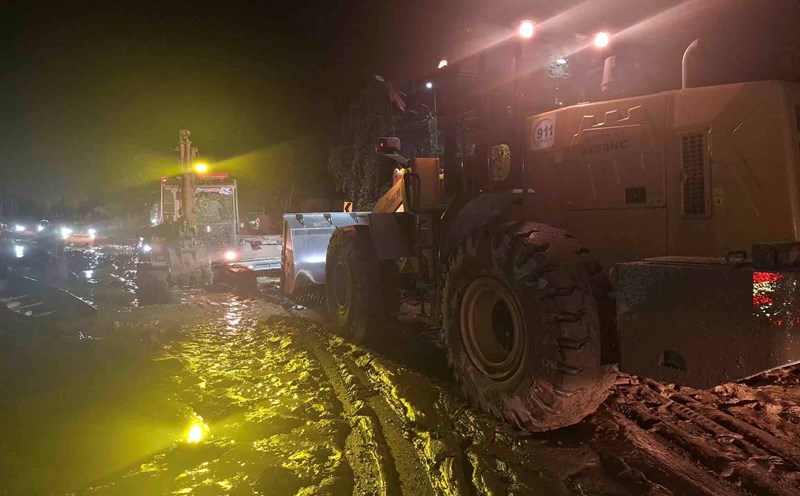Speaking to Die Zeit, German Foreign Minister Johann Wadephul said that Ukraine will soon possess the ability to attack Russian territory. This is the first time a senior German official has publicly hinted at the possibility of supplying long-range weapons to Kiev - something Moscow had warned of crossing the red line.
Ukraine will also have means to retaliate against Russian territory, Mr. Wadephul said. However, we will not let President Putin know in advance which weapons will be transferred.
Although he did not name any system, Mr. Wadephul's statement is said to be a reference to the Taurus cruise missile, a weapon with a range of up to 500km - capable of reaching many strategic targets inside Russia.
For many months now, the German government has delayed the decision to provide Taurus missiles to Ukraine, despite pressure from some lawmakers and NATO allies. Prime Minister Friedrich Merz's predecessor - former Chancellor Olaf Scholz - has repeatedly opposed the plan, fearing that Berlin would be considered a direct combat if Kiev used German weapons to attack Russian soil.
Moscow has repeatedly warned that the Western supply of long-range missiles such as Taurus would crossing the red lines and could turn Germany into a direct combat side.
Since taking office in May, Prime Minister Merz has taken a tough stance on Russia. Earlier this month, he said that diplomatic options in the conflict in Ukraine were "exhausted" and reaffirmed his commitment to providing weapons to Ukraine.
In response, Russian Foreign Minister Sergei Lavrov accused Mr. Merz of inciting tensions by abandoning diplomacy.
German Defense Minister Boris Pistorius reaffirmed earlier this month that Berlin would not supply Taurus missiles to Ukraine.
However, German Senior General Christian Freuding recently said Ukraine would receive its first batch of long-range missiles sponsored by Berlin before the end of July. He did not specify which type of missile, but suggested that Ukrainian forces should consider attacking Russian airports and arms factories to ease pressure on the frontline.











